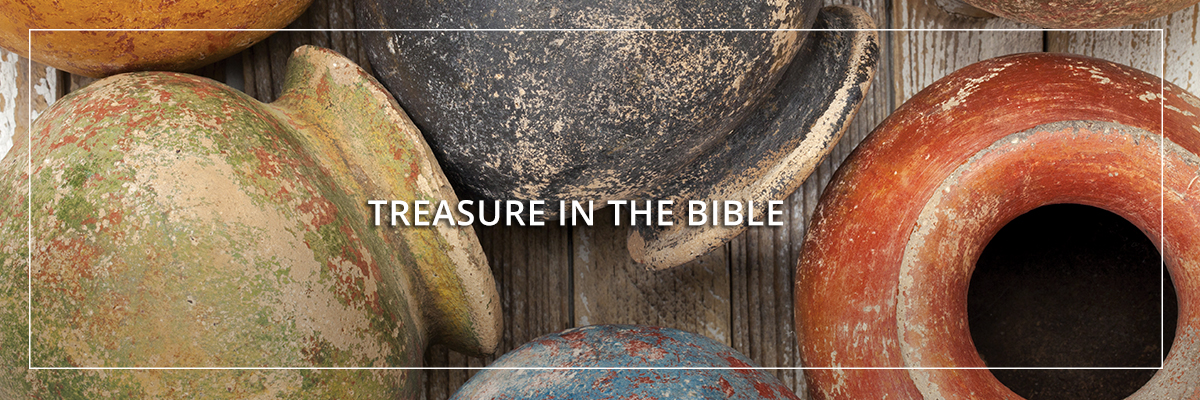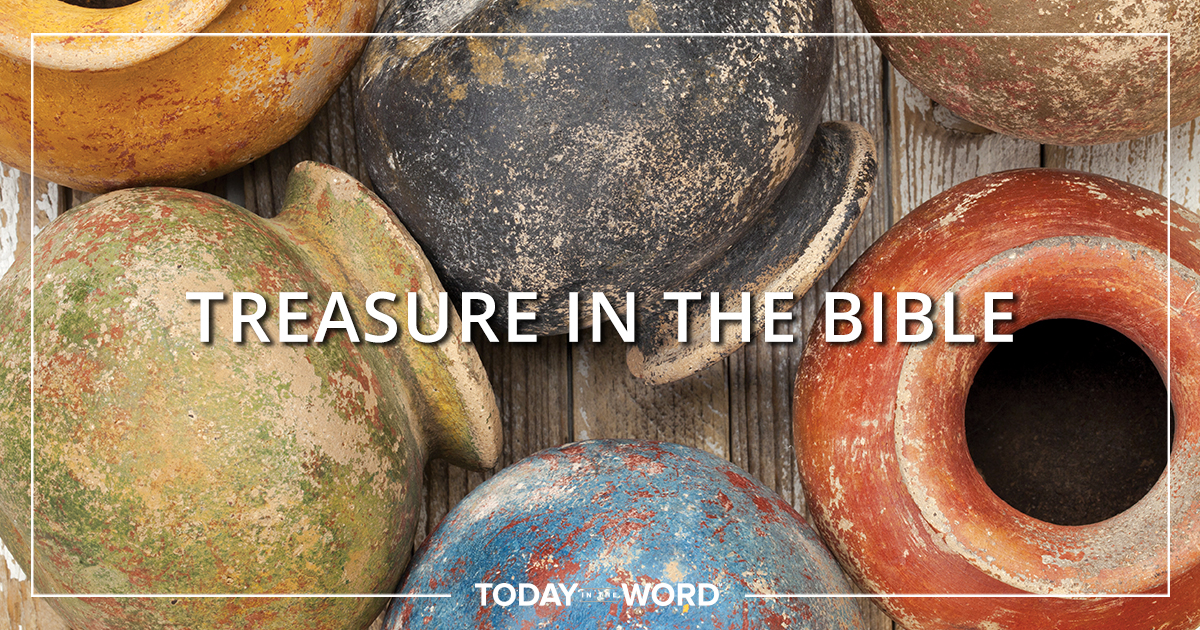

Treasures Can Be Gifts
- June 4, 2019 | Matthew 2:1–11
When the Queen of Sheba came to test King Solomon’s wisdom, she brought a treasure trove of gifts (1 Kings 10:1–13). Solomon answered her questions and passed her tests with flying colors. “Indeed,” the Queen said, “not even half was told me; in wisdom and wealth you have far exceeded the report I heard” (v. 8). She presented him with “120 talents of gold [about 4.5 tons!], large quantities of spices, and precious stones” (v. 10). Solomon responded in kind, giving her “all she desired and asked for, besides what he had given her out of his royal bounty” (v. 13).
The idea of a treasure is often associated with a gift. As was the case with both the Queen of Sheba and the magi in today’s reading, the valuable gifts they presented to, respectively, Solomon and Jesus, were marks of honor and esteem. Following the star, the magi had come from the east (likely Persia) to find “the one who has been born king of the Jews” (Matt. 2:2).
When they found the child, “they bowed down and worshiped him. Then they opened their treasures and presented him with gifts of gold, frankincense and myrrh” (v. 11).
These gifts may have had symbolic value. The movie The Nativity popularized the tradition that gold stood for Jesus’ kingship, frankincense for His priesthood, and myrrh for His suffering and sacrificial love. We know frankincense was part of a special blend of incense used only for worship (Ex. 30:34–37) and myrrh was a perfume used for burial (John 19:39). It has been speculated that these gifts were God’s provision for the flight to Egypt. That is, Joseph as a poor carpenter would have been able to sell these valuable gifts in order to finance the emergency trip that protected Jesus’ life from Herod’s hate (Matt. 2:13–15).
Pray with Us
Again, we lift up in prayer the staff of Donor Development department—Scott Veigel, Teri Vaughn, Georgette Whittenhall, and Joy Houser—as they facilitate Moody Bible Institute’s fundraising events. Thank God for His guidance in their lives!






